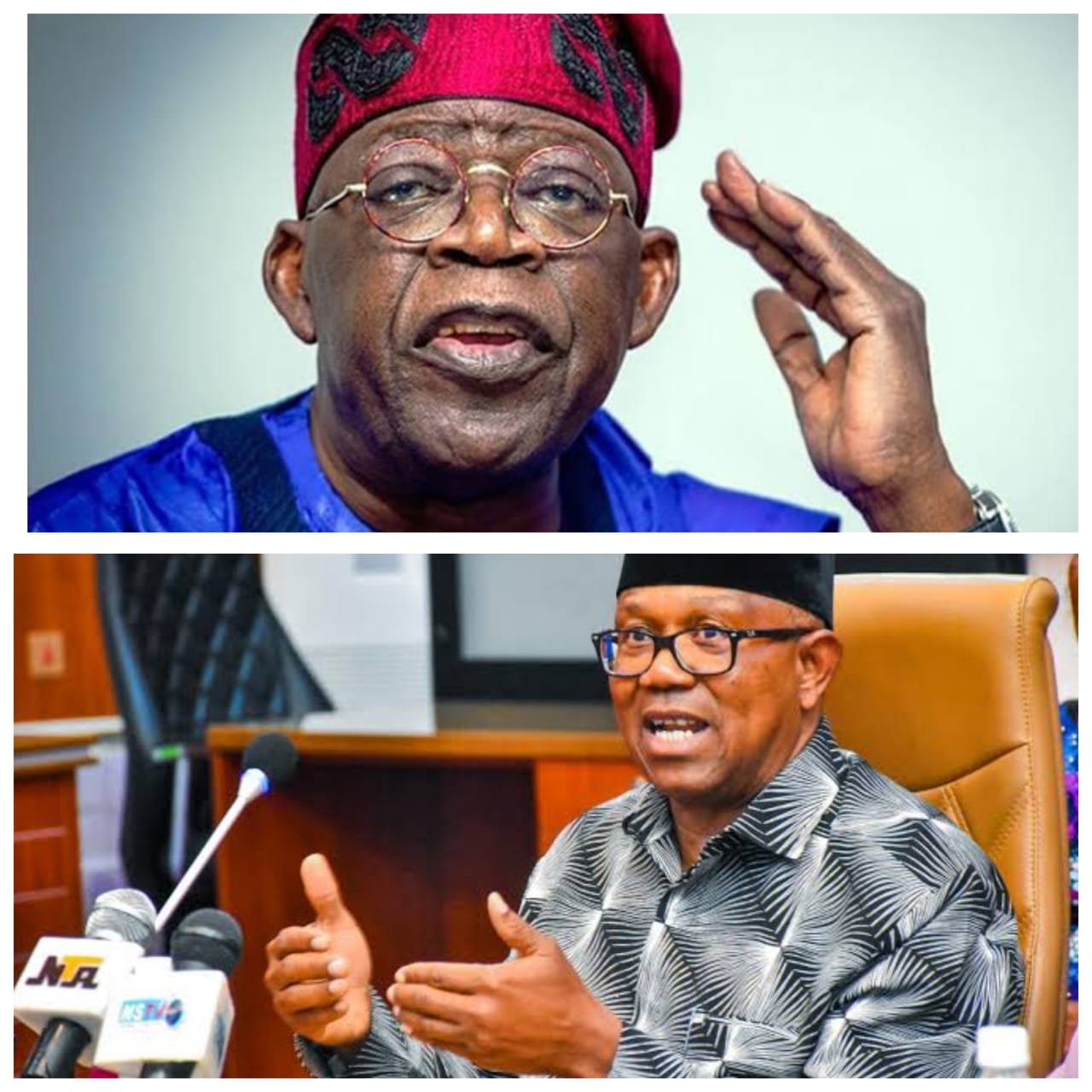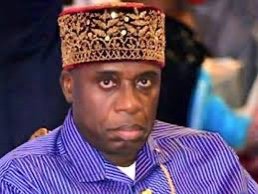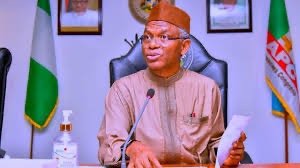The Igbo Yoruba Online Barter describes the escalating verbal and confrontations between Igbo and Yoruba netizens, mostly manifesting through X , Facebook, and WhatsApp forums. Though the exchanges are digital, they reflect broader ethnic and political sentiments in the fallout of the 2023 general elections.
Peter Obi’s supporters largely from the South East have continued to challenge the legitimacy of Tinubu’s presidency, alleging electoral malpractice, judicial compromise, and socio political marginalization. Tinubu loyalists see the criticisms as sore loser bitterness and a refusal to accept democratic outcomes.
What began as political disagreement is now evolving into ethnic distrust, with both groups openly vowing on social media never to support each other’s political candidates again.
We Won’t Vote for You Again A Dangerous Pledge?
In recent months, hashtags like #NoYorubaCandidate2027 and #NoIgboPresidentEver have trended online. Although many dismiss them as the work of internet trolls or politically sponsored accounts, the sentiments they reflect are echoed by thousands of ordinary Nigerians including young first time voters who are now crying online for change.
This online barter is gradually solidifying into a political wall a refusal by many Easterners to ever support a Yoruba candidate again, and a similar sentiment from the West against any Igbo aspirant.
2027 Presidential Outlook: A Game of Numbers
The 2027 election is expected to be contested, possibly more than 2023. Peter Obi, who remains a major political figure, may attempt another run, banking on youth and diaspora support. However, his chances could be severely limited if the South West withdraws electoral support entirely.
South Westerners have expressed frustration over claims by Peter Obi’s supporters that they did not support the Labour Party candidate, despite their massive turnout for him in the previous election in 2023.
Tinubu, now mid-term, faces growing pressure from economic hardship, insecurity, and discontent within his own party. Whether he seeks re-election or grooms a successor, the APC will need Southern unity to maintain power a unity now in serious jeopardy.
Political analysts argue that online sentiments don’t always translate to ballot box behavior. However, the longer the digital animosity continues, the more it risks becoming real life political behavior especially in Nigeria, where social media is a major driver of political mobilization.
The onus may fall on traditional leaders, religious institutions, and civil society to broker reconciliation before the 2027 polls. Failure to do so could turn the next election into not just a political contest, but a referendum on national cohesion.
Could This Rift Bring Atiku to Power? Only Time Will Tell
The growing divide between South Eastern and South Western voters has raised a question.Could this disunity clear the path for Atiku Abubakar or another Northern candidate to win the presidency in 2027?
Divulge



